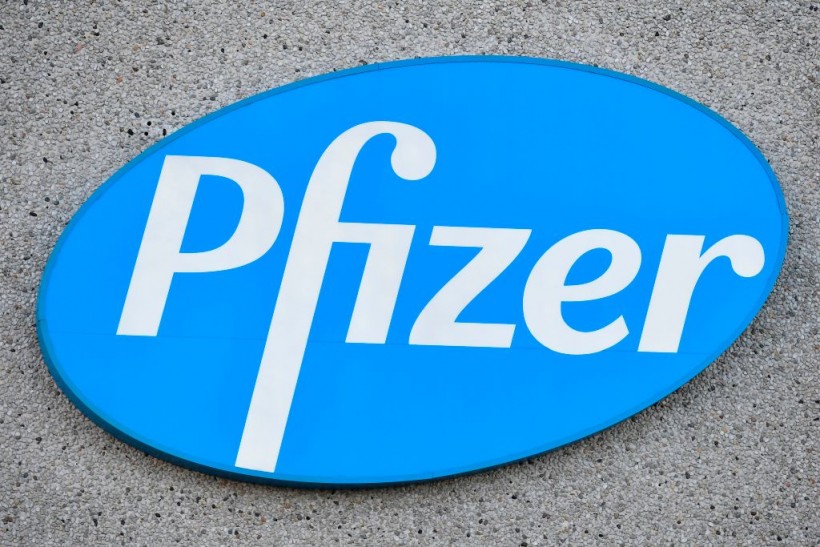Pfizer said that it would cease development of the twice-daily variant of its prototype weight loss pill. This decision follows a mid-stage clinical research in which the medication caused a considerable drop in weight in obese patients, but they had problems tolerating it.
Many patients had unwanted side effects, the majority of which were minor and related to the digestive system, according to the pharmaceutical company. Many of them also discontinued the usage.
"At this time, twice-daily danuglipron formulation will not advance into Phase 3 studies," the company confirmed in a statement on Friday, December 1. Following the announcement of the study findings, Pfizer's stock dropped 4% in premarket trade.
Nevertheless, Pfizer has said that it would still publish data on a once-a-day variant of the medicine in the first half of 2024. Wall Street sees the once-daily tablet as the most competitive version of the medication, but the pharmaceutical giant will wait to start a phase three trial on it before making a decision.

Unfortunate Setback
According to a CNBC report, the twice-daily medicine data is bad news for Pfizer's ambitions of capturing a $10 billion share of the weight loss drug industry, which CEO Albert Bourla has pegged at $90 billion. Following a 40% decline in share price this year and a precipitous decline in demand for its Covid medications, the business is putting its hopes on a weight loss drug to help it recover.
Due to Pfizer's June decision to go forward with the less appealing danuglipron and abandon a different once-daily tablet, investors have been skeptical of the company's prospects in the weight loss medicine area.
The latest numbers from Friday further distance Pfizer from the market leaders in the weight loss medicine space, Novo Nordisk and Eli Lilly. These companies are vying to create more convenient tablet forms of their popular diabetes and weight loss injections.
See Also: FDA Authorizes Active Ingredient in Drug 'Zepbound' as Weight Loss Treatment for Obese
Study Findings
About 600 people without Type 2 diabetes who were obese participated in Pfizer's phase two study of its twice-daily tablet. At doses ranging from 40mg to 200mg, the study examined how the medicine affected weight reduction after 26 or 32 weeks.
Similar to Novo Nordisk's Wegovy and Ozempic, Pfizer's tablet works by imitating the effects of a hormone called GLP-1, which is generated in the intestines and communicates with the brain to indicate fullness.
Pfizer said that the danuglipron study achieved its major objective of showing "statistically significant" weight loss. An average of 6.9% to 11.7% of body weight was lost by patients who took the tablet twice a day at 32 weeks and an additional 4.8% to 9.4% at 26 weeks.
On the other hand, placebo-treated individuals gained 0.17% at 26 weeks and 1.4% at 32 weeks.
The research also found a significant incidence of side effects, with 73% of patients feeling nausea, 47% vomiting, and 25% having diarrhea, according to the company. Pfizer said that over half of patients across all dosage levels discontinued using the medication, whereas only over 40% of placebo-treated individuals did the same.
See Also: AstraZeneca COVID-19 Vaccine Deemed 'Defective' as Legal Case Launched








